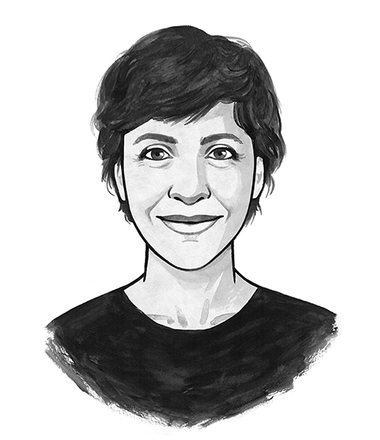Hi,
Since I published my piece about play last week, a very interesting conversation has been unfolding below it.
In the article, I focused on how necessary unstructured play is for us as a species in order to learn. But some great contributions from members and invited experts pushed the idea of play well beyond that.
These are some of the other elements we explored:
- Is playfulness in adults a trace that remains from childhood, asked Theresa Casey, a play advocate and former chair of the International Play Association.
- Stop worrying about screen time, as some of the most creative, intelligent and playful adults grew up watching a whole lot of TV, said Tim Gill, an independent scholar who is an advocate and consultant on childhood.
- Building forts with pillows and cushions is a great way to play inside, and “a good toy is 90% child and only 10% toy”, wrote Susan Linn, expert in creative play and award-winning ventriloquist.
Ventriloquist? Yeah, you heard that right. I want to give a shout-out to Linn here, because she’s been entertaining children in lockdown via Skype with her Audrey Duck puppet!
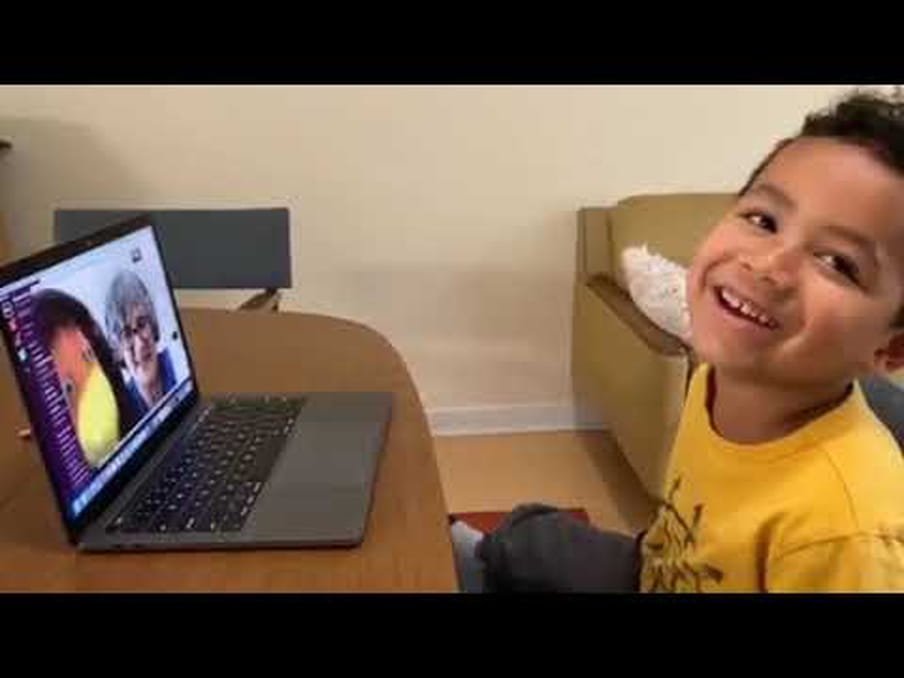
But one comment got me thinking more than others. “I once heard the early childhood academic Elizabeth Wood compare play to fog: we all know what it is, but when we try to touch it, it eludes us,” wrote Gill.
(If you’re not a member of The Correspondent, our contribution section, which is a fundamental part of our journalism, is not accessible to you because we value the privacy of our members very highly. If you’re interested in joining, we have a pay-what-you-want model. Or otherwise, if you’re not ready to become a member but are interested in this conversation, please reply to this email and I can send you a code.)
My experience of fog
Have you ever experienced the type of fog that Wood compares to play? I mean the thick cloud that envelops you and makes things around you disappear.
Growing up in Naples, southern Italy, I must say that fog was a bit of a bizarre concept to me. I knew about rain; I even experienced light snow. But fog, what was it?
One of my childhood heroes was Scarlett O’Hara, the fierce protagonist of Gone with the Wind. I watched the film over and over while growing up – until I could also finally put my hands on the book. Well, Scarlett has a recurrent nightmare: she walks through the fog, hungry and tired, looking for something she can’t find.
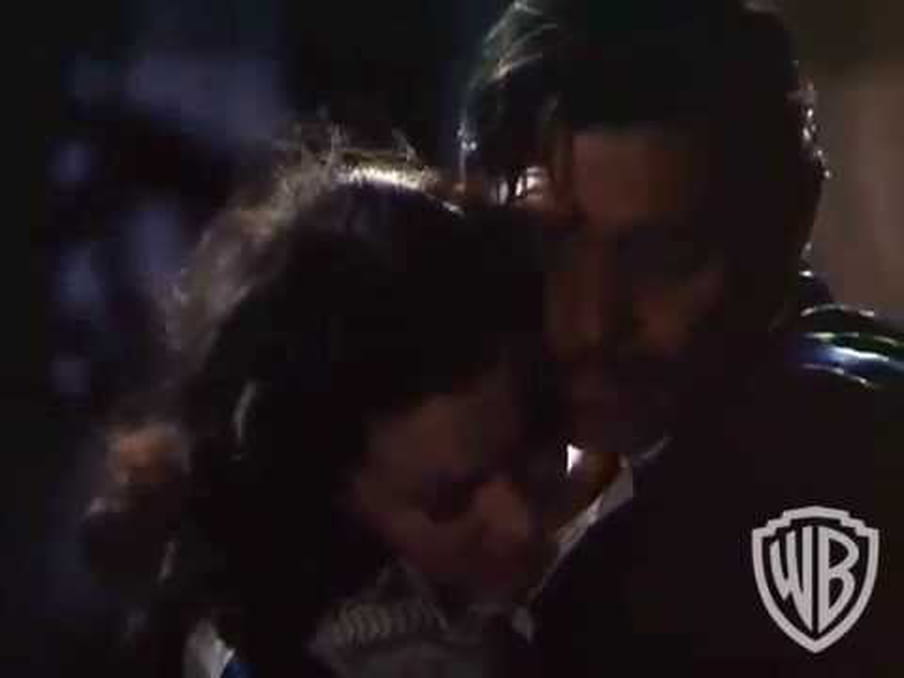
At the end of the movie, Scarlett’s husband Rhett Butler walks out of the front door and disappears through the mist (or, well, the fog). I won’t spoil anything, but that scene must have made quite an impression on my young self because it transformed fog, an environmental phenomenon, into an emotion: fog became something you should be afraid of.
When I moved to St Andrews, a small, dreamy university town on the east coast of Scotland, for my studies, my sense of meteorology changed. I had early-morning German language classes (early was 9:00!) and in winter, on some really crappy days, it was very hard to see anything when I walked to class. The sun wasn’t out yet, and I was quite sleepy, so fog turned into a dreamlike state.
It wasn’t until I moved to Quito, Ecuador’s capital city, that fog became something physical.
At 2,850 metres (9,350ft), Quito is the second highest capital city after La Paz, Bolivia. When I arrived, I immediately fell in love with an apartment I saw in the old town because of its huge picture window that looked east. On a clear day, you could see the snowy peak of Mt Antisana, a volcano some 50km east of Quito.
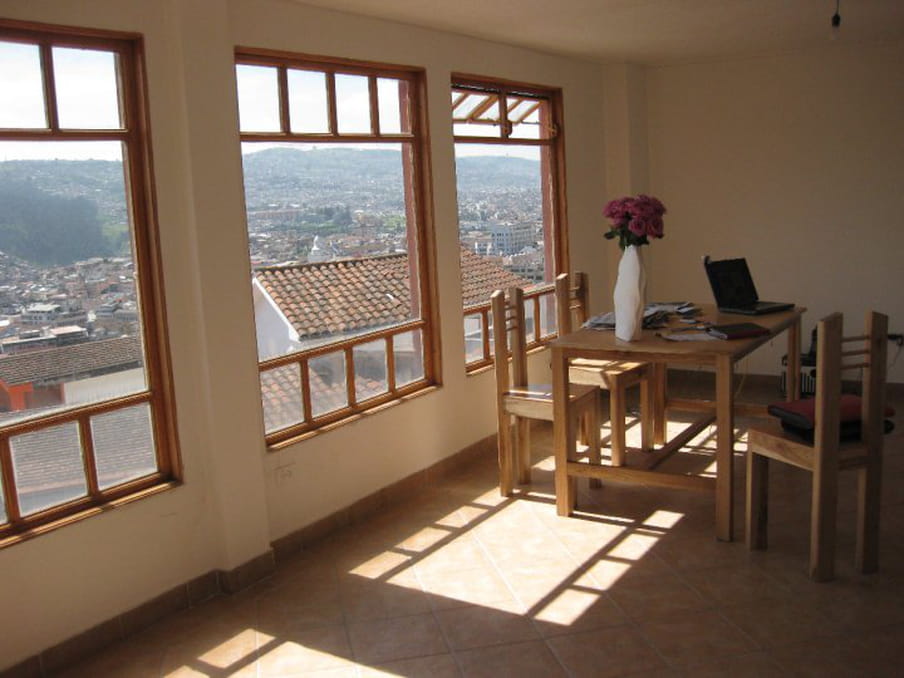
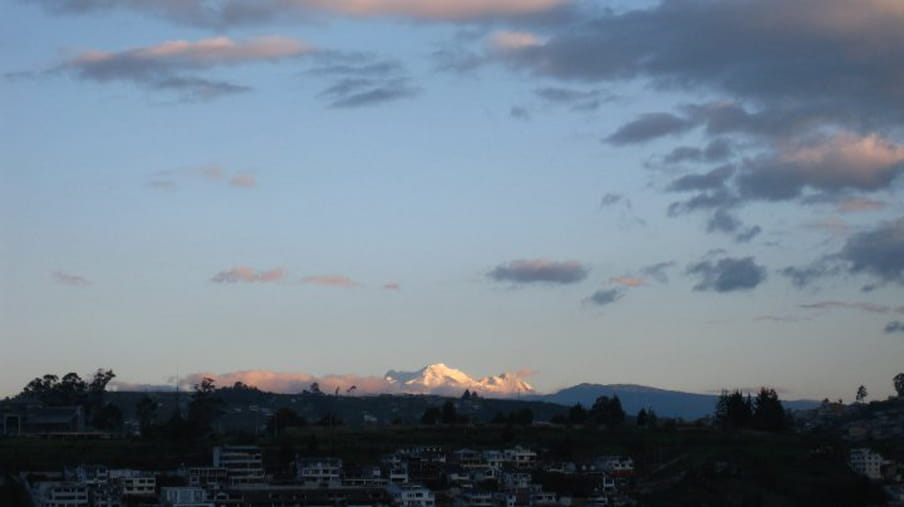
At night, when the neblina came in, I entered a different kind of world. Sounds would be muffled, people became a distant memory. It felt like the gods had locked me in, pasting some glue-like material outside my windows.
I knew there was an outside world, but the fog was so thick that it made me doubt my memories of a few hours prior.
Since the lockdown started in Italy seven weeks ago, I’ve been stuck in a fog-like state of mind. I know there is an outside world where I would previously go out for a walk and kiss people hello. But the fog is so thick that I sometimes wonder if all of that really existed.
Fog has impaired my writing too. My job is to write and share insights. I can usually access words and ideas. But right now I know they are there, but I can’t quite reach them.
My sense of home is foggy
How many other things are just like that – especially at this moment in time?
My colleague Lynn Berger wrote a beautiful essay about what home is, at a time when we can’t leave it. Her words stayed with me especially because I have been homeless out of choice, or nomadic, since December 2016.
When the lockdown started in Italy, we happened to be visiting my parents in Naples. Not too bad a place to be in lockdown for two months: we have a terrace, and I even get a separate office space from where I can work.
But I have this feeling of nostalgia about an idea of a home that I don’t even have. I think of how many hours I could have sat on a sofa I don’t have, or of how I would arrange my desk if it was my own. There is a foggy distance between this feeling of wanting to have my own space and the reality of a home, especially at a time when we can’t go anywhere at all.
A beauty log
One way I try to elude fog is by being in the moment and focusing on things that give me joy. A kiss on my son’s chubby, soft cheeks, for example. Looking at the swallows dancing above my head as I exercise on the terrace, or observing a new flower blooming out of a cactus.
I began a course on The Science of Wellbeing that is helping me reflect on those elements that make me feel more present. One thing I started is a daily beauty log, where I take pictures of details that I find beautiful in my everyday life. I’m sharing the pictures on Instagram right now – though I’m not sure how long I will keep it up for. (I don’t like the pressure of 30-day challenges and things like that.)
So, how is your mind these days? Are you foggy too? And what are you finding beautiful on an everyday basis? I would love to see your pictures and hear your thoughts!
Thanks for reading, and be well,
Irene
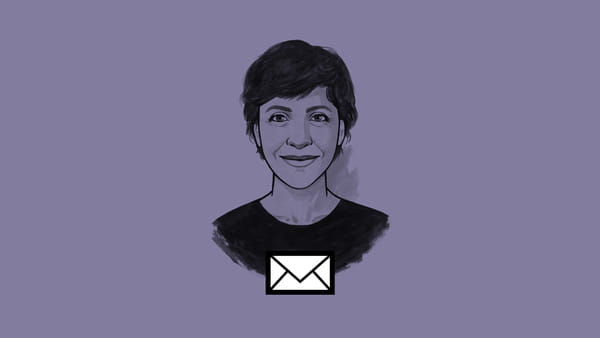 Would you like this newsletter straight in your inbox?
Subscribe to my weekly newsletter where I talk about sexuality, reproductive rights and early childhood, discuss the best ideas from members and share updates on my journalism.
Would you like this newsletter straight in your inbox?
Subscribe to my weekly newsletter where I talk about sexuality, reproductive rights and early childhood, discuss the best ideas from members and share updates on my journalism.

